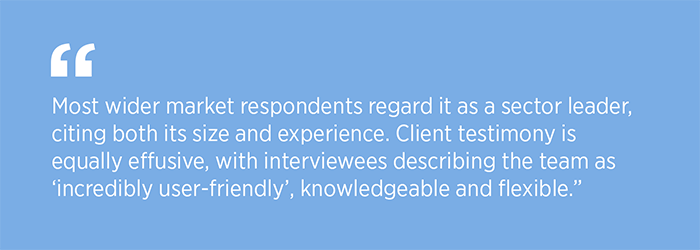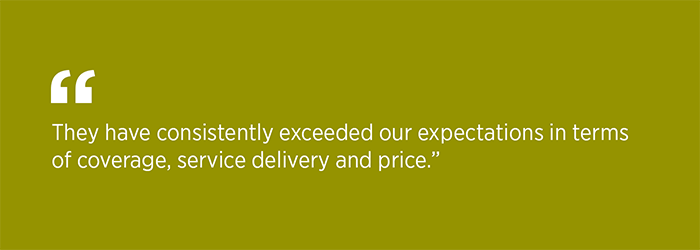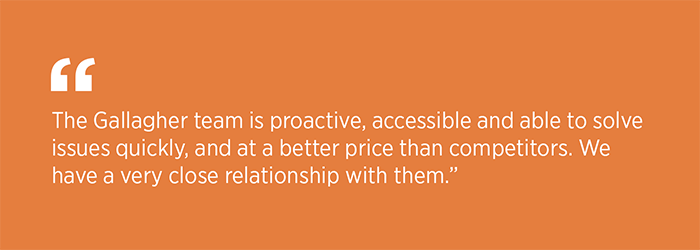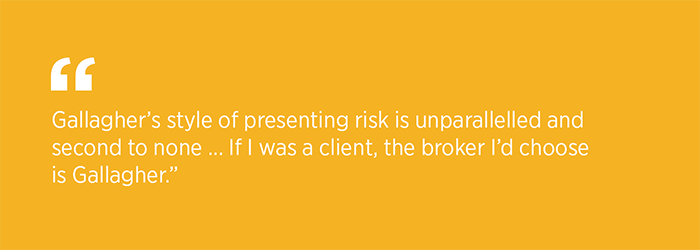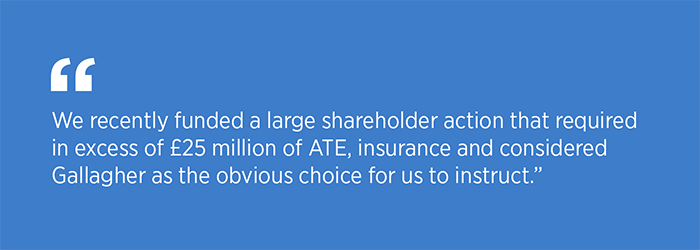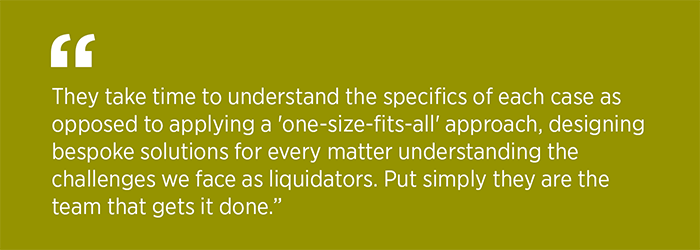(“ATE”) insurance, also known as ATE or adverse costs insurance is designed to insulate claimants from having to pay costs and disbursements in the event they lose their action.
It can provide reassurance that pursuing a case will not end up adversely affecting a client’s business or personal wealth—especially if they take action against an opponent who has significantly greater resources. It can also send out a message that the case is strong because an insurer is prepared to back it.
In most cases, the majority of the premium can be deferred and payable only if the case wins and there is a recovery.
Security for Costs
This is a solution to ‘upgrade’ an ATE insurance policy via the provision of a deed of indemnity or more commonly, an anti-avoidance endorsement.
It typically provides the following:
- The ATE policy cannot be avoided for misrepresentation or nondisclosure, unless fraudulent.
- The proceeds of the insurance cannot be diverted elsewhere and are payable directly to the defendant.
Anti-avoidance endorsements can be particularly useful for clients who are largely illiquid or for liquidators with a limited fighting fund or for those clients litigating in a jurisdiction where they are not resident.
Cross Undertakings as to Damages
This cover is for clients contemplating providing a cross-undertaking as to damages. Claimants are required to give a cross-undertaking to the defendant essentially indemnifying them for any proven losses as a result of an injunction, in the event the injunction was found to be incorrectly applied.
It can be particularly useful for clients who are largely illiquid or for liquidators with a limited fighting fund, who for good reason need to pursue a freezing injunction.
The uncapped nature of many cross-undertaking means that the sums involved could be unaffordable for some claimants. By using insurer capital, claimants can potentially remove this obstacle in a relatively cost-effective manner.
Not only does this satisfy the court where claimants lack financial resources but, in circumstances where the court orders fortification of the cross-undertaking it lessens the impact on cash flow and is preferable to placing funds into court or purchasing a bond.



